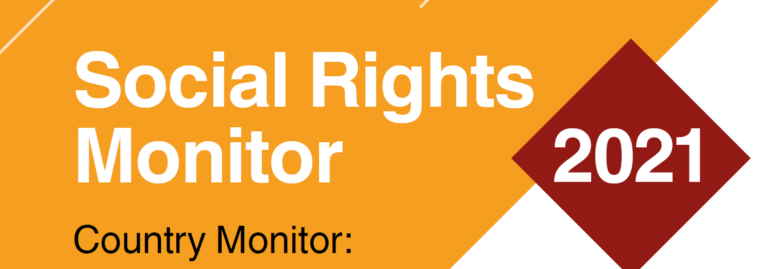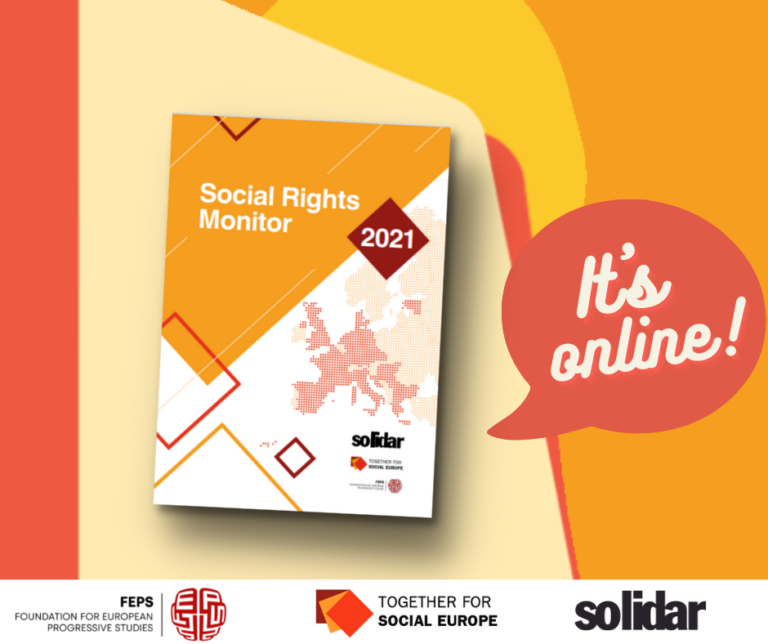Social Rights Monitor – Tunisia
Recommendations
With the action plans for the Privileged Partnership coming to an end and with the revised neighbourhood policy, there is now room for the EU and Tunisia to redefine their joint priorities, which should guide their future relationship. Based on the above report, EU-Tunisia bilateral relations, either through partnership priorities or other agreed commitments, should be shaped based on the following recommendations.
The EU should support the Tunisian government in:
- Enlarging the coverage of social protection to all groups and promoting social protection floors which would offer basic protection for all while promoting higher levels of protection in further steps. Moreover, a human rights-based approach to social protection should be adopted as social protection is now considered a right. All regions and sectors should be taken into account in order to fight against regional disparities and inequalities. This must be considered, especially in the Tunisian government’s current attempt to reform social protection12.
- Reforming the health system in such a way that it is more easily accessible for all, with better infrastructure and better-trained staff.
- Intensifying efforts to offer young people and women more opportunities by creating jobs that match their skills and vice versa. This requires identifying the needs of the population and the country while ensuring the participation of the concerned groups in designing policies.
- Reallocating public finances that are being inefficiently used towards investment that would create new job opportunities and contribute to sustainable development. Moreover, strict measures against fiscal evasion and contraband should also be put in place
- Ensuring the integration of the voices of the most vulnerable (informal workers) into social dialogue.
- Strengthening the steps allowing for a strong enabling environment while fighting against opposite trends.
Tunisia has been successful in creating democratic change, an enabling environment and promoting fundamental human rights. This has provided peace and stability since the 2011 Revolution. However, it is now clear that economic growth does not go hand in hand with social development, poverty eradication or inequality reduction. Rising unemployment, the decreasing motivation of young people and continuing territorial disparities could challenge the country significantly. The development achieved so far can only be sustainable if all parameters and groups are included. It is in the interest of the EU to support the Tunisian government in implementing appropriate economic and social policies. It is only through an open, dynamic, engaged, solidarity-based society that stability and security in the country can be achieved.




